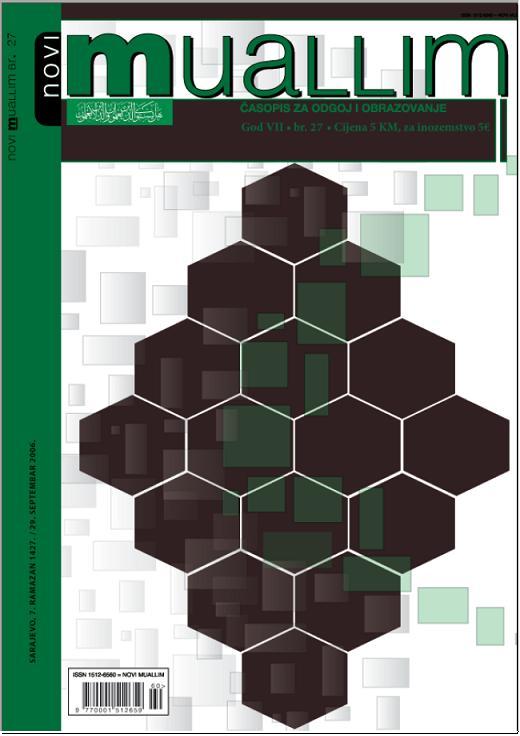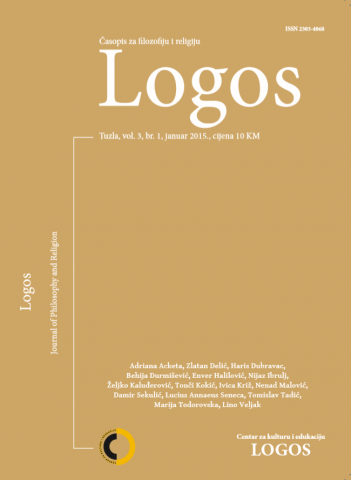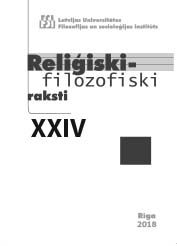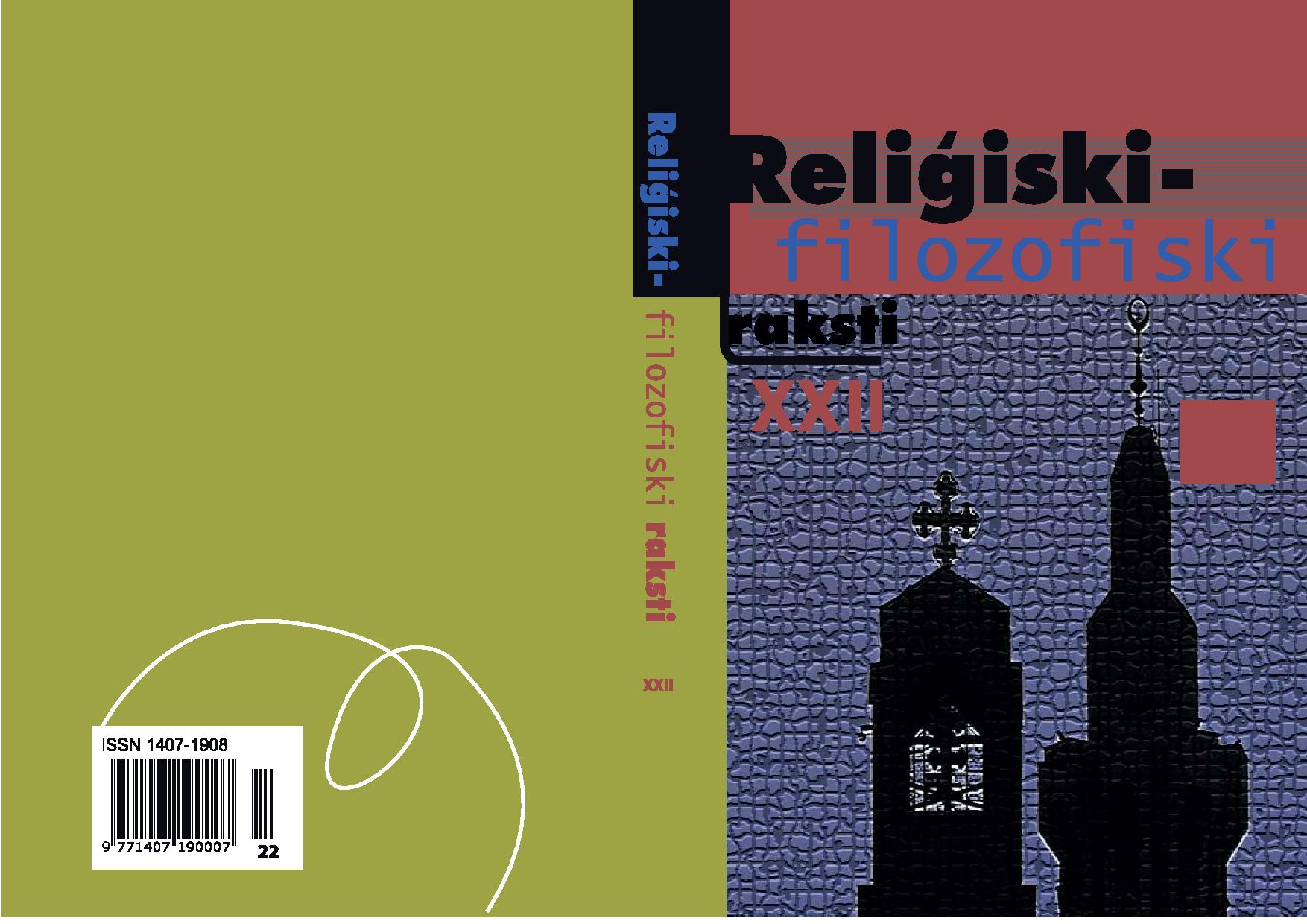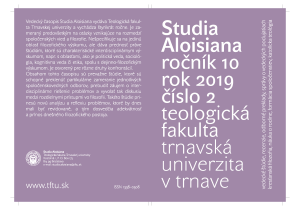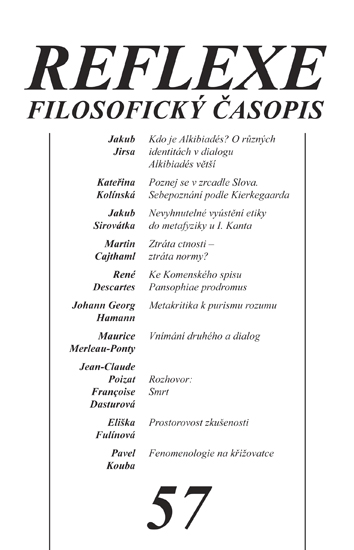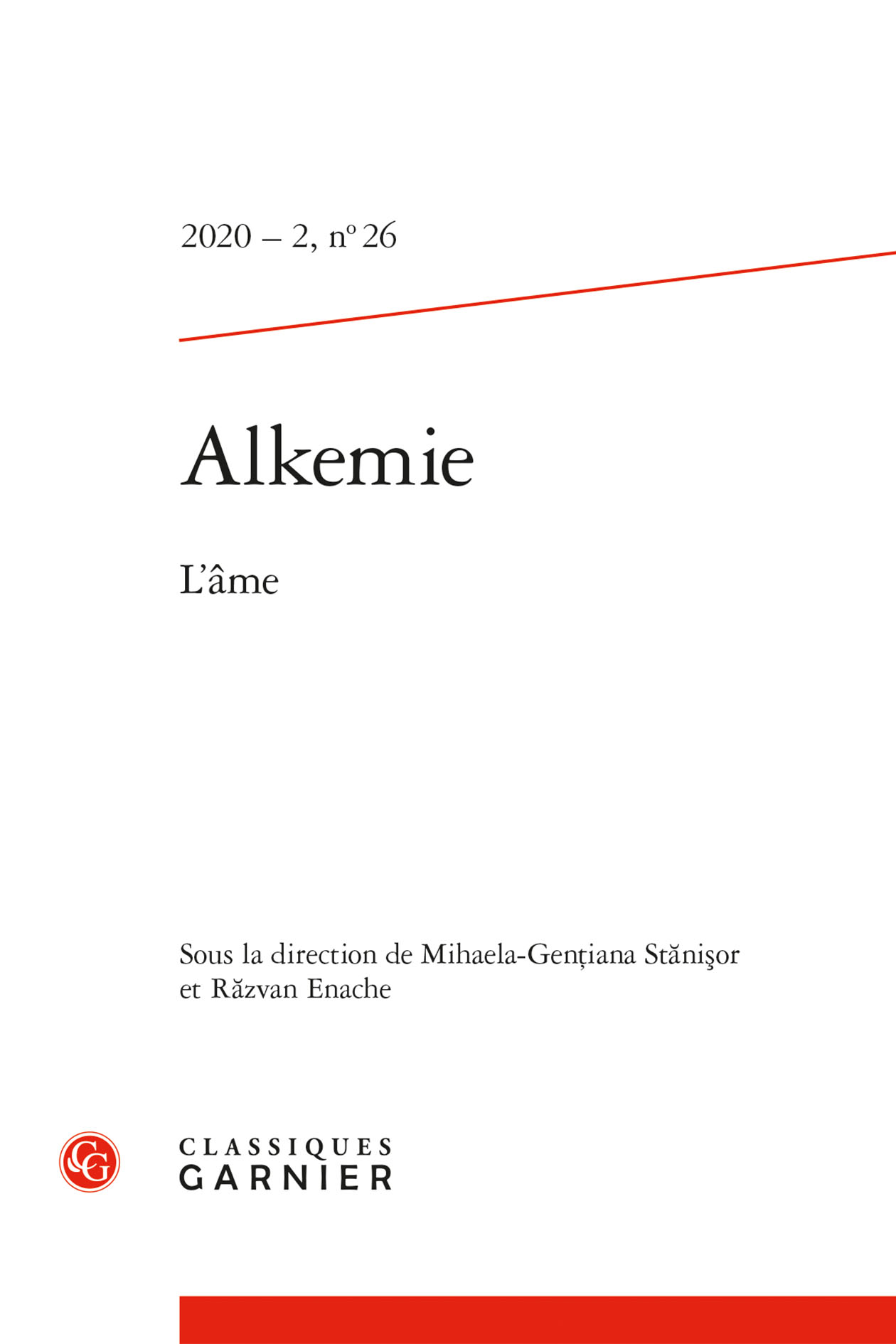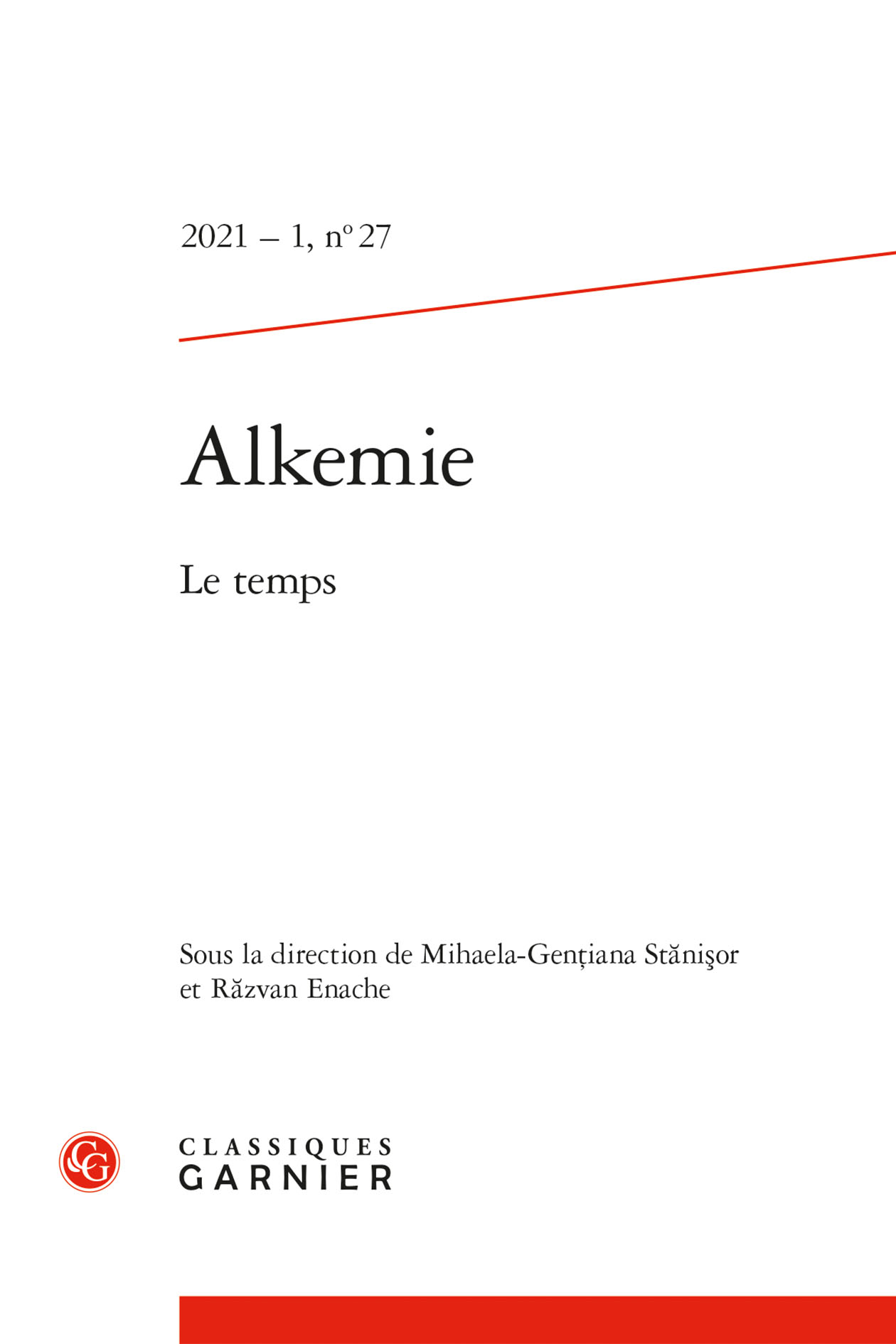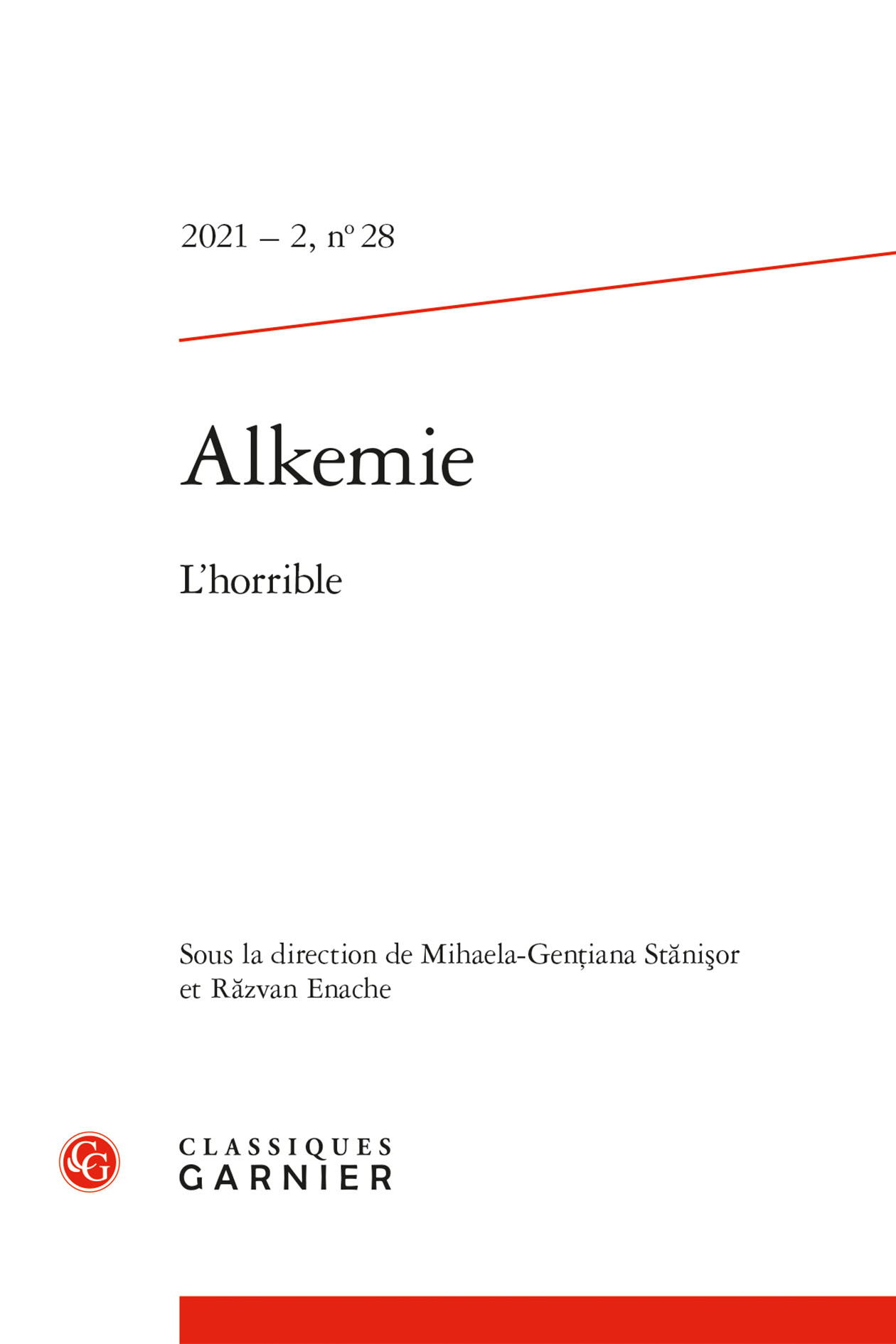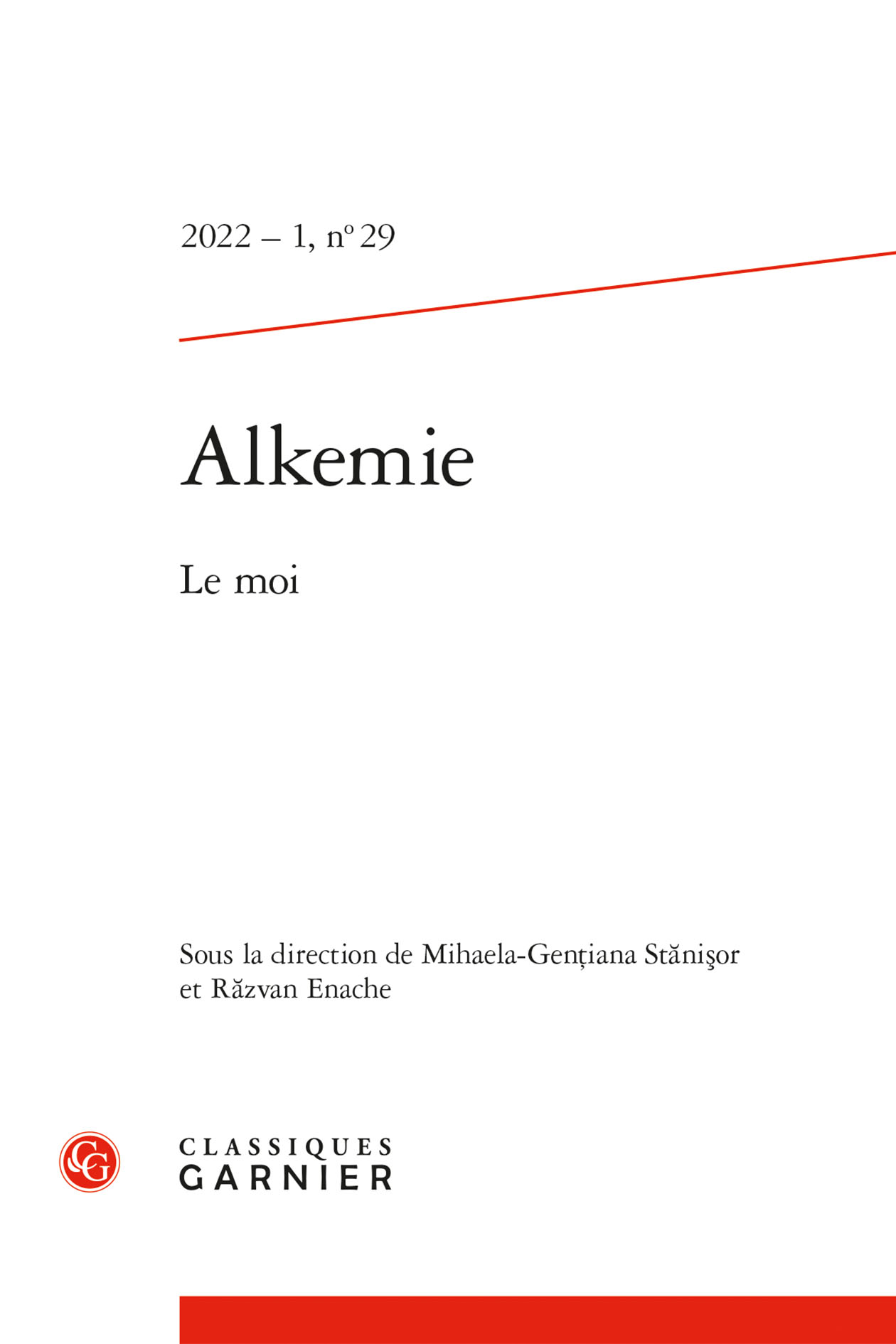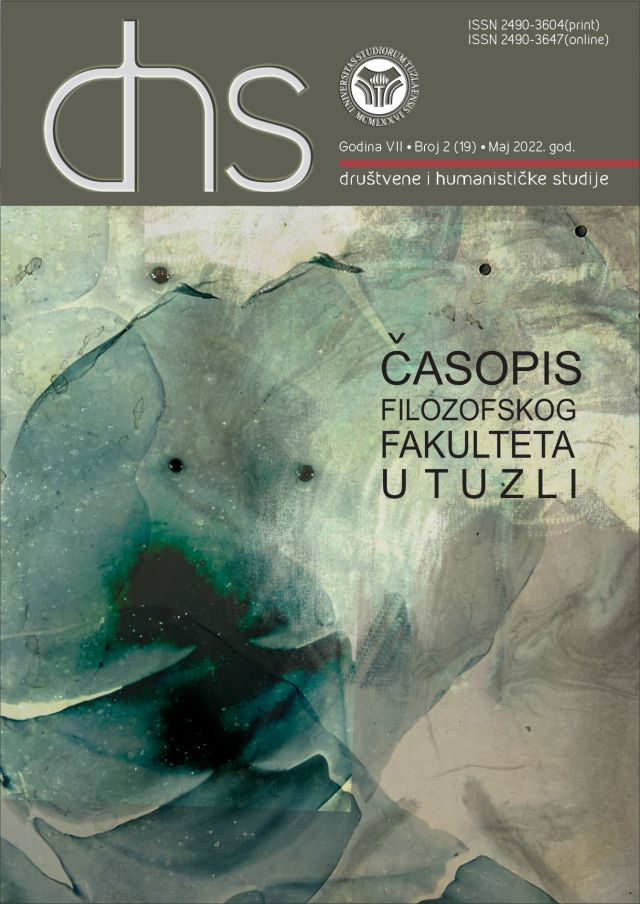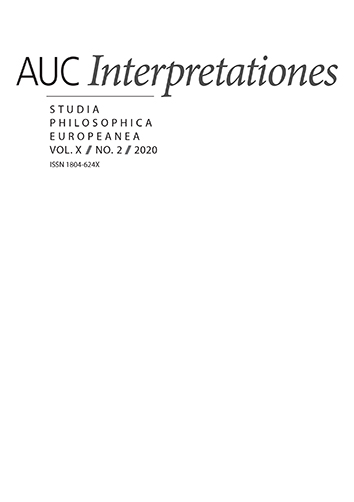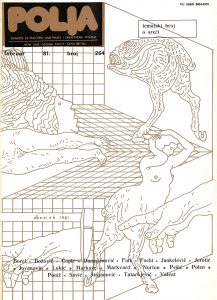
Sreća - svrha i smisao ljudskog postojanja
Donedavno je problem sreće važio kao glavno pitanje moralne fiilosofije i bdo predmet njenog učenja. Sama, pak, sreća je bila smatrana kao očevidan cilj svakog ljudskog života i najviše dobro u punom smislu rečii. Iz traganlja za srečom svesno je čin crpio svoj smisao: iz deljenja sreće svaki je život dobijao svoju završenost i savršenost. Od Platona do Arastotela. Svi fiilosofi su se slagali s opštepoznatim mišljenjem, da bi s logikom objavili: »Svd Jljludi žele sreću, to je nepobitno«.
More...
